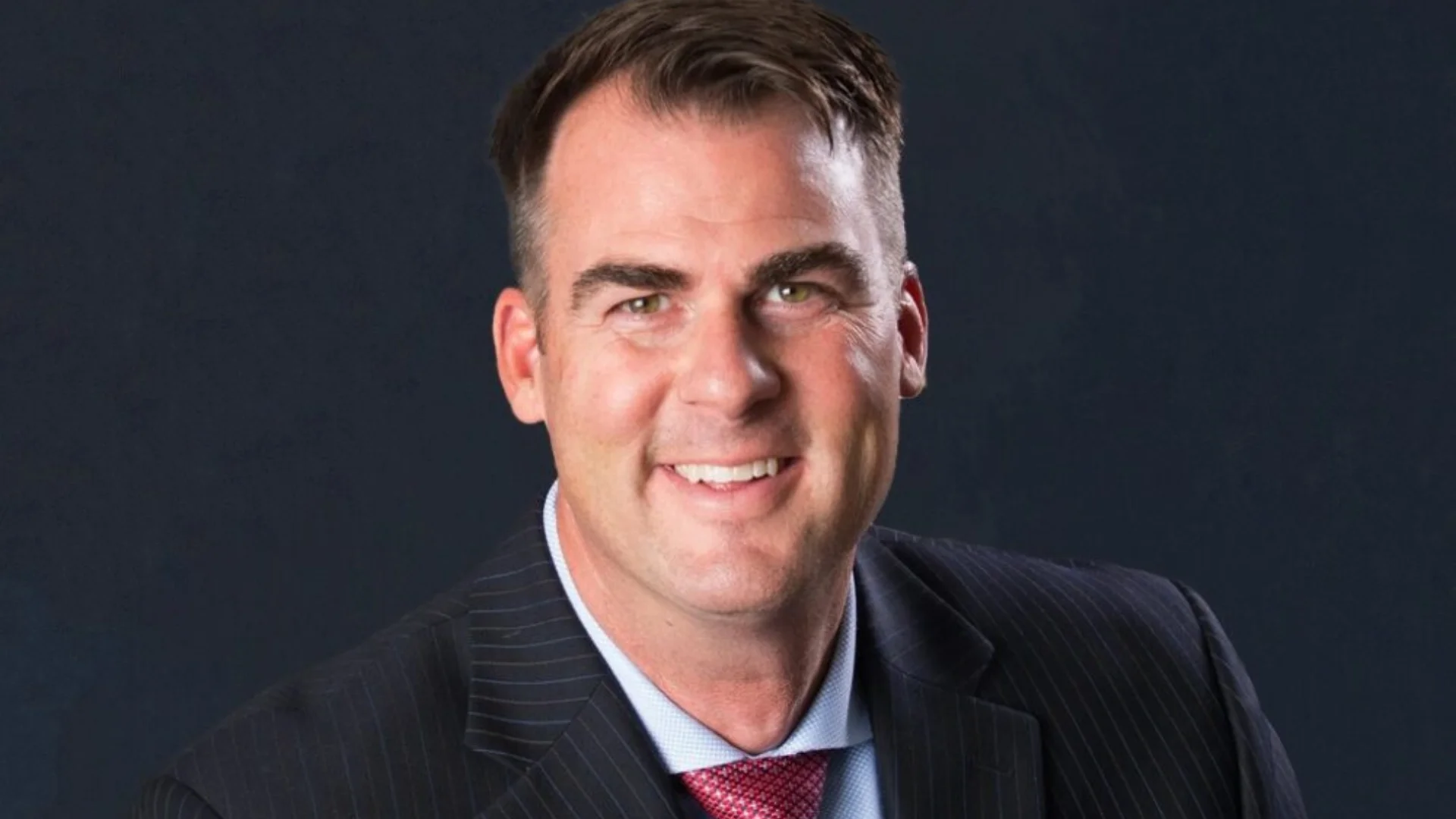
Kevin Stitt Governor of Oklahoma Chair at National Governors Association | National Governors Association
The National Governors Association (NGA) convened its Human Services Advisors Network on July 23 to discuss the effects of proposed federal funding changes on state and territory early childhood care and education systems. The meeting included updates from NGA and a briefing by the American Public Human Services Association (APHSA) regarding the One Big Beautiful Bill Act (OBBBA) and recent Supplemental Nutrition Assistance Program (SNAP) requirements.
Speakers at the event were Eli McCabe, Senior Policy Analyst at NGA, and Chloe Green, Manager of Food and Nutrition Services at APHSA.
According to NGA, an action lab workshop focused on early childhood strategic financing will take place in October 2025, just before the annual Health and Human Services Policy Institute. The goal is to provide states and territories with resources to help maintain early childhood systems amid federal program changes. "This workshop is built to be a working session for small, bespoke state teams to receive hands-on, practical, strategic planning support to help Governors’ teams make confident, informed plans heading into next year’s budget season. Invitation and agenda details for the event will be shared in the coming weeks," NGA stated.
The new OBBBA requirements have immediate implications for SNAP operations nationwide. All states are currently out of compliance because many policy changes took effect as soon as the law was passed. States are waiting for guidance from the Food and Nutrition Service (FNS) on implementation details such as rulemaking timelines and eligibility requirements that have already begun applying. These include new work conditions, adjustments related to Able-Bodied Adults Without Dependents (ABAWD) waivers, standard utility deductions, and new exemption categories. There may also be disruptions in FNS communications that could increase confusion among program operators.
There are no direct programmatic changes yet for WIC, Summer EBT, DSNAP, or SNAP Employment & Training programs. However, states face challenging decisions about how to fund greater administrative costs associated with SNAP.
NGA's project update noted that while Medicaid and SNAP cuts might not immediately affect early childhood education systems directly, indirect impacts could strain providers' ability to operate or limit families' access to care. Many states lack coordinated governance structures for distributing funds across families and providers—a challenge intensified by time-limited COVID relief funding cycles. Over the past 15 years, federal investments like CCDBG and Head Start have helped stabilize these systems but tighter budgets ahead may force difficult choices about funding priorities.
A significant downstream impact of OBBBA could involve the early childhood workforce—many of whom depend on social programs such as Medicaid and SNAP. New restrictions may hinder recruitment or retention if workers seek other fields due to lost benefits. Potential cuts in other federal programs like SSBG, CSBG, or TANF could further threaten community organizations supporting early childhood providers.
APHSA’s presentation detailed administrative challenges under OBBBA:
"Starting in FY27, states will be required to contribute more funds for SNAP Administrative costs (50%–> 75%): states will receive a lower reimbursement from Feds to pay for costs associated with operating the program.
Starting in FY28 (and as late as FY30): States with above 6% Payment Error Rates (PER) will be required to pay for a portion of the individual benefits.
SNAP Ed program sunsetting at the end of the current fiscal year and no new funds will be available."
States raised questions about which policy changes require rulemaking or how FNS will address off-boarding waivers. Guidance is also pending on eligibility requirements now in effect.
APSHA's network reported concern over being out of compliance due to unclear guidelines around work requirements: "Veterans, youth aging out of foster care, and individuals experiencing homelessness are no longer categorically exempt from SNAP work requirements, while new exemptions (i.e., eligibility for Indian Health Service recipients) are now eligible to receive SNAP benefits," they said. Changes affecting ABAWD age limits and allowable utility deductions mean eligibility verification systems must adapt quickly.
Reduced federal reimbursement may force some states to cut staff or contracts supporting outreach activities unless additional state funds are allocated.
SNAP regulations include a 120-day hold harmless period during which error rates won’t count against states when implementing new policies; however, clarity is needed on when this period starts or what it covers.
States anticipate a tight timeline leading up to October 1 as operational checklists and cost-of-living adjustment information remain unavailable. FNS has indicated forthcoming broad implementation guidance modeled after previous Farm Bill memos but has not provided specific dates.





 Alerts Sign-up
Alerts Sign-up